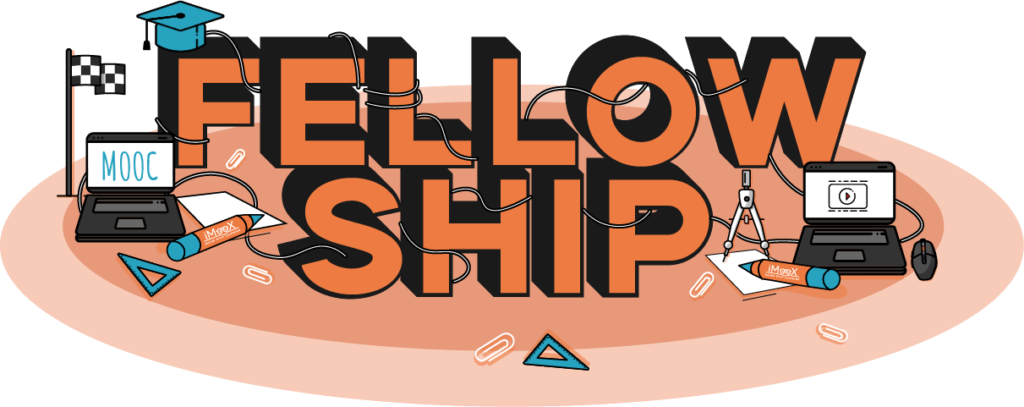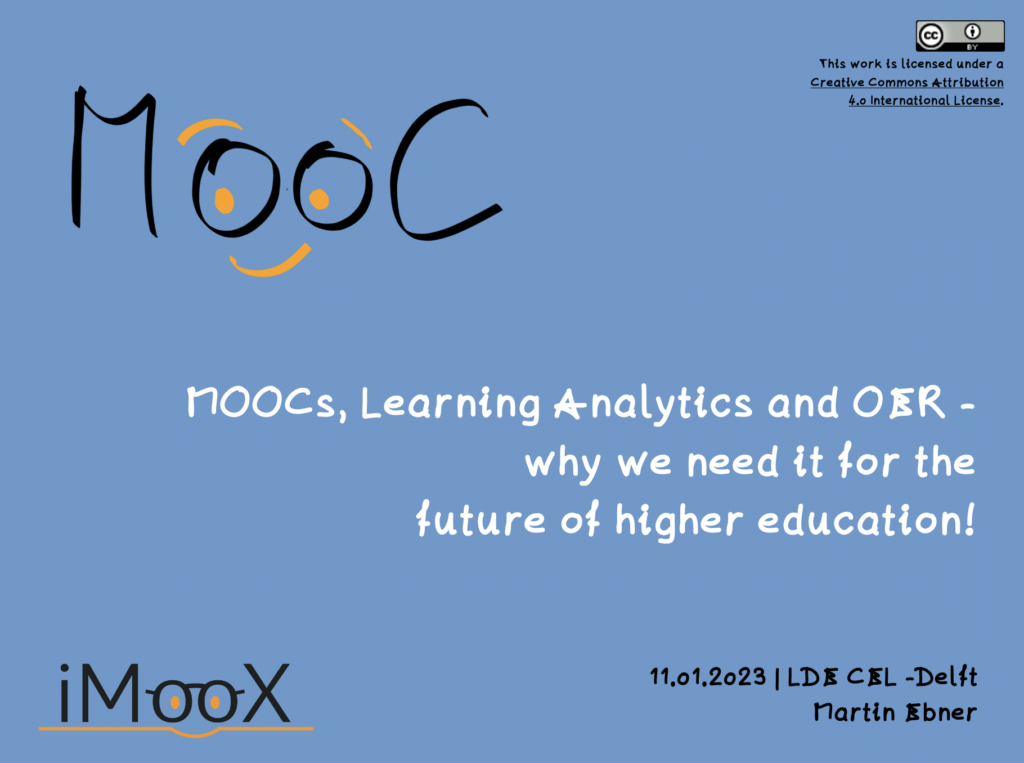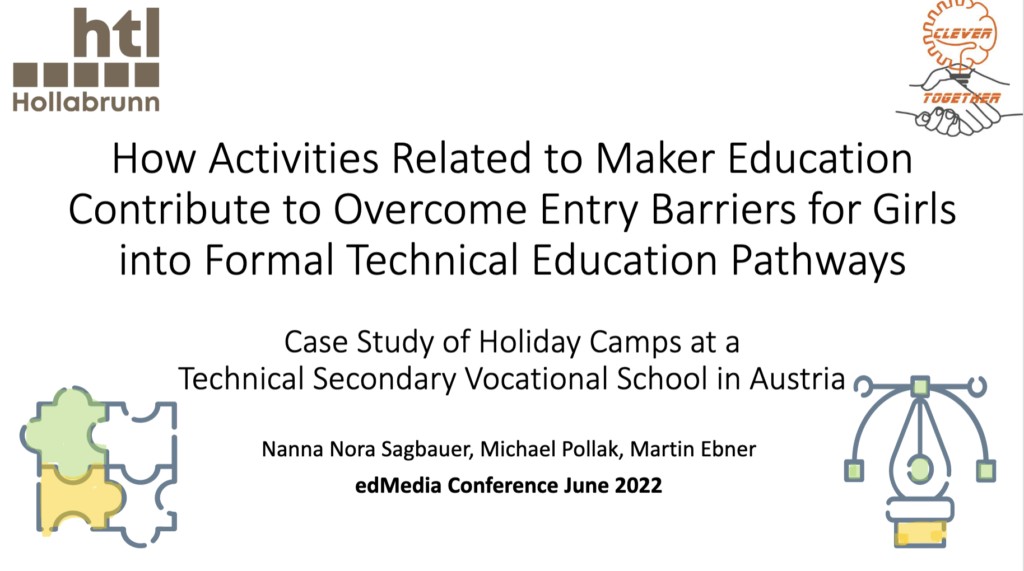
Wir wollen bei iMooX jene Lehrenden würdigen, die immer wieder unsere MOOCs auch in der Lehre einsetzen und haben dafür jetzt ein iMooX-Fellowship-Programm entworfen:
Wir bei iMooX.at möchten die Nutzung unserer offen lizenzierten und kostenfreien MOOCs in der Hochschullehre aktiv fördern und unterstützen.
Als „Fellow“ bei iMooX.at integrieren Sie eines unserer MOOC-Angebote Ihrer Wahl, von dem Sie nicht selbst der:die Ersteller:in sind, didaktisch effektiv in die eigene Hochschullehre. Ziel ist dabei, die OER-Lernangebote von iMooX.at aktiv in der (Hochschul-)Community einzusetzen und weiterzuverwenden.
Wir garantieren Ihnen, dass der MOOC während Ihres Fellowships immer zur Verfügung steht und gewartet wird und stehen für technische und didaktische Fragen zur Verfügung. Sie bekommen also aktive Unterstützung unsererseits für einen möglichst reibungslosen Einsatz des MOOCs bei Ihren Studierenden.
Im Gegenzug dazu erhalten Sie von uns ein Zertifikat als „Fellow“ für die erfolgreiche Durchführung Ihres Bildungsangebotes unter Einbeziehung eines MOOCs. Zusätzlich werden Sie als Fellow auf iMooX.at namentlich genannt.
Wir würden uns über eine Bewerbung freuen. Alle Informationen, sowie das zugehörige Formular findet man hier: [Bewerbung für ein iMooX-Fellowship]
Bewerbungschluss ist übrigends der 22. Mai. 2023.



